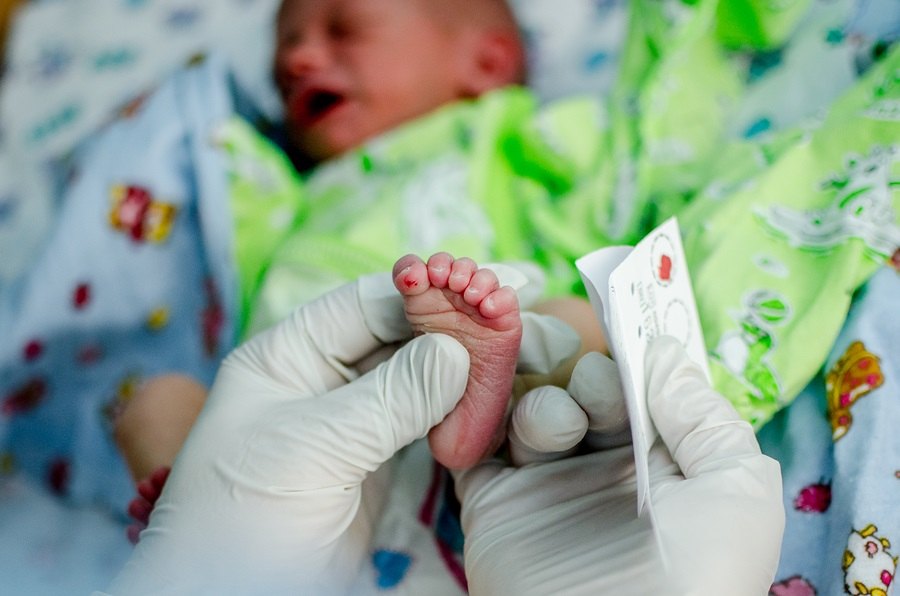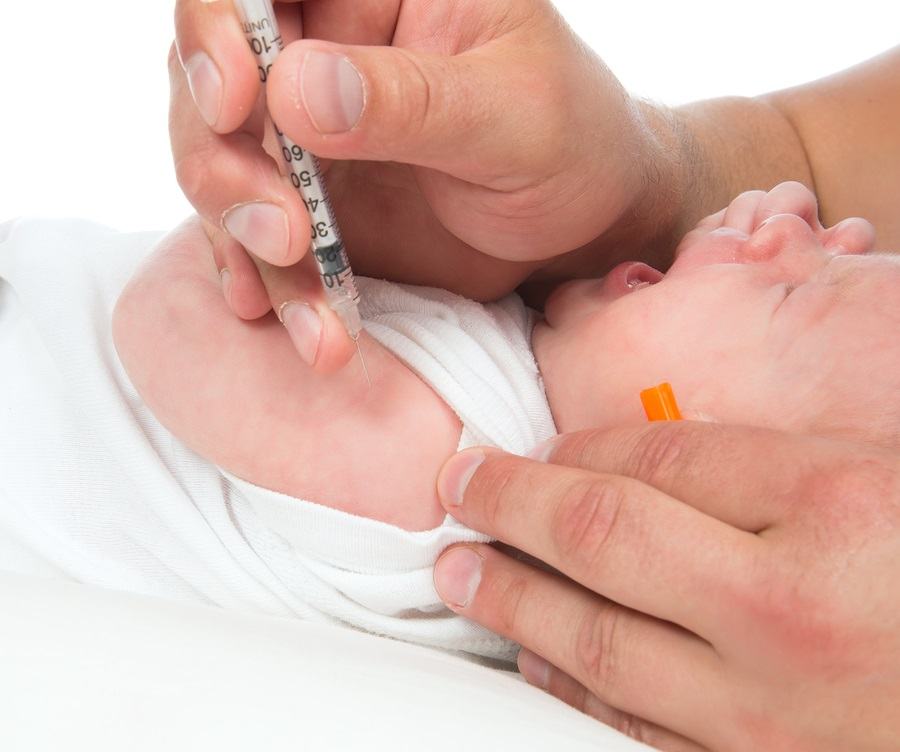Loss of Privacy: Government Collecting and Storing DNA Samples of Newborn Babies – Available to Law Enforcement and for Medical Research
Did you know that it is now common practice in all 50 U.S. states to collect DNA samples from all newborn babies and store them in data banks, which can later be made available to law enforcement or doctors wanting to do medical research? These DNA samples are contained in blotted blood spots from babies’ pin-pricked heels taken within hours of birth. The storage length legally allowed for newborn DNA blood spots varies from state to state, from as little as three months to indefinitely. Federal law, through the agencies of The Maternal and Child Health Bureau (MCHB), a branch of the National Health Resources and Services Administration (HRSA), requires the blood spots be taken for research purposes in all 50 states. Twila Brase, RN, PHN, co-founder and president of CCHF, Citizens' Council for Health Freedom states: "That which the government holds, the government owns. A child’s DNA held by the government could be sequenced, meaning a baby’s genetic code could be completely detailed and mapped—and then recorded in a state government database, used and shared. This is private information America’s tiniest citizens, who will grow into adults stripped of their genetic privacy when they weren’t able to protect themselves." Recent media reports about law enforcement using these stored DNA samples to hunt down suspected criminals have brought this issue of privacy and consent over stored DNA samples from infants to the forefront of the public. If you choose to have your baby born in a hospital setting, it would be wise to know what your state's policy is on DNA samples collected, and what your options are.





